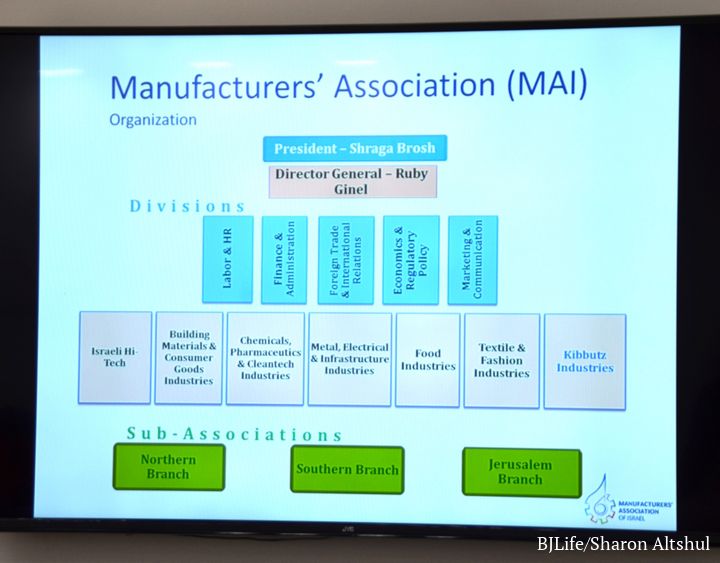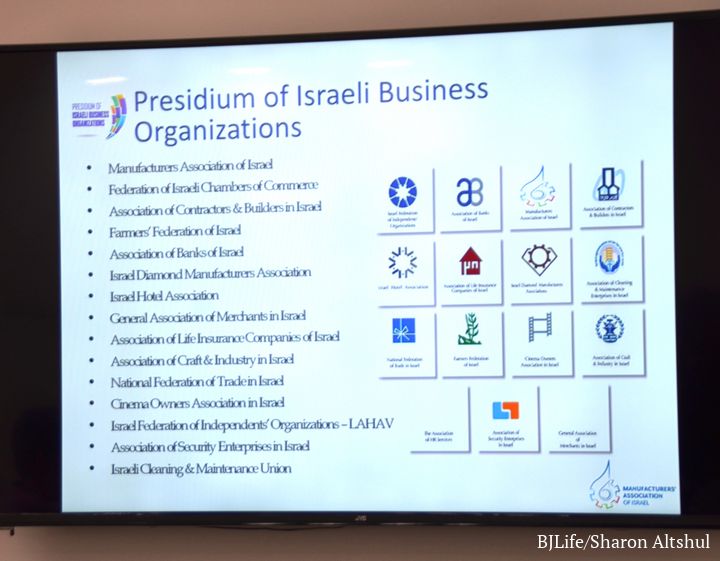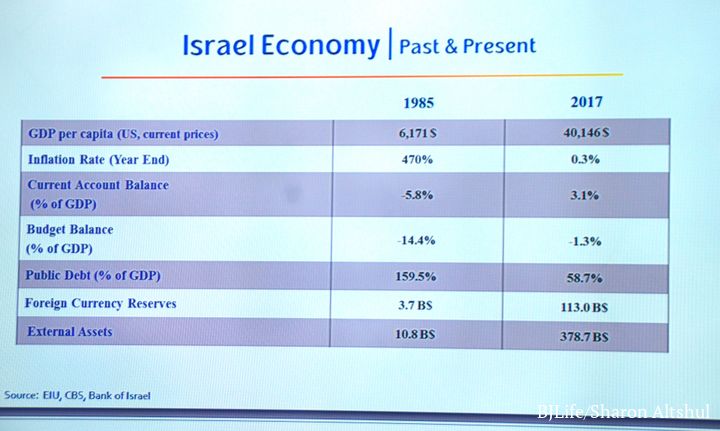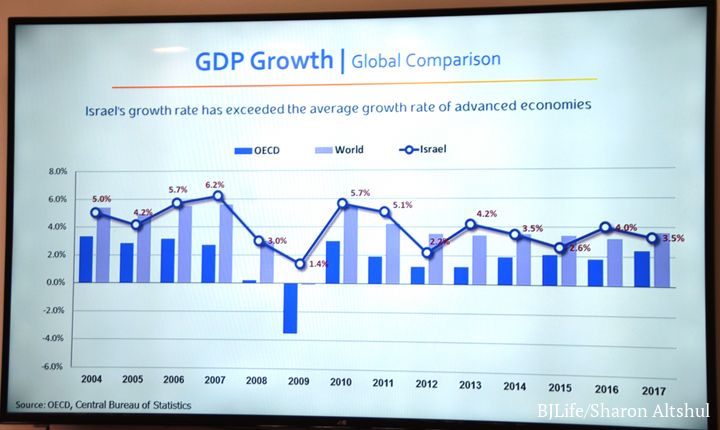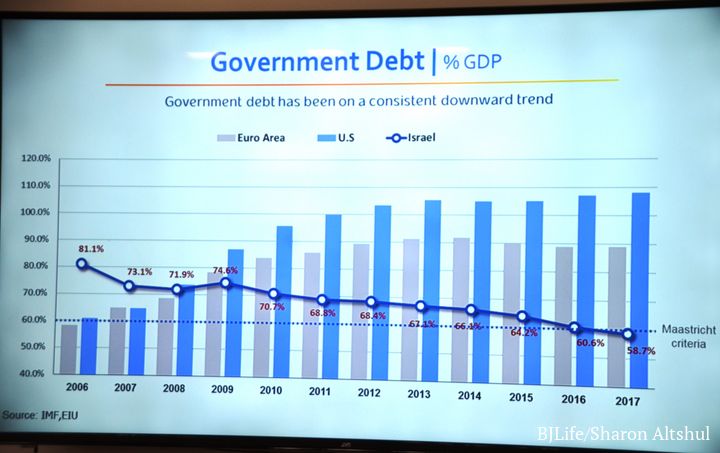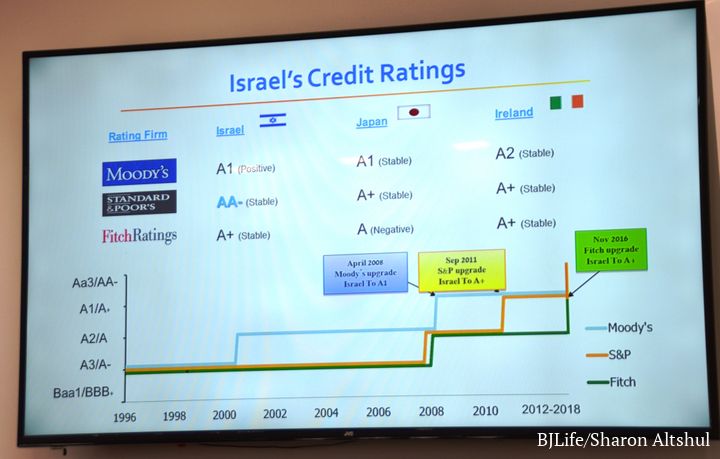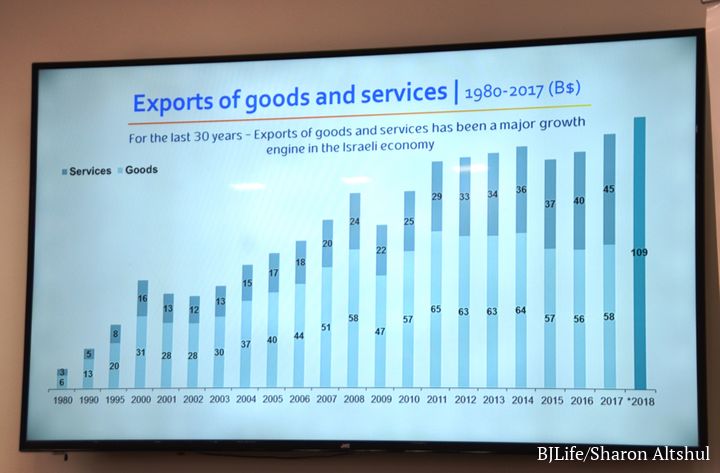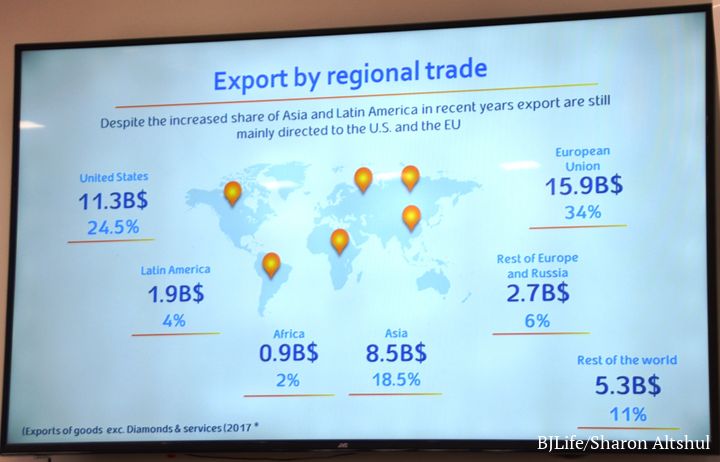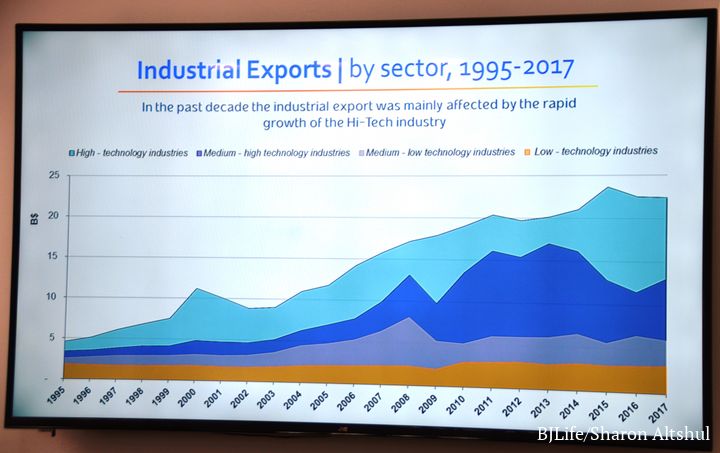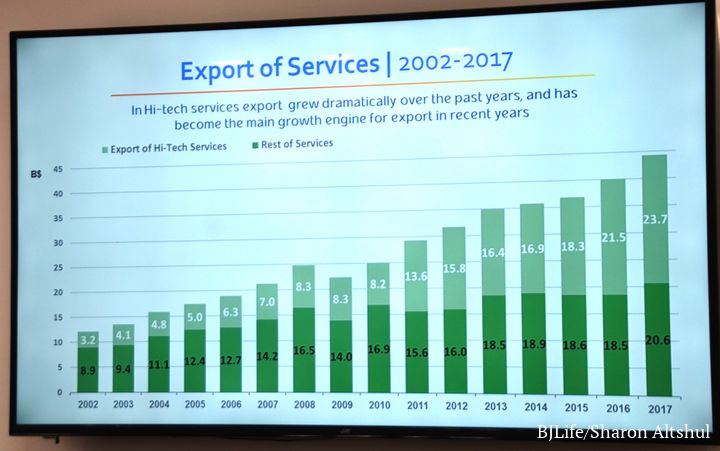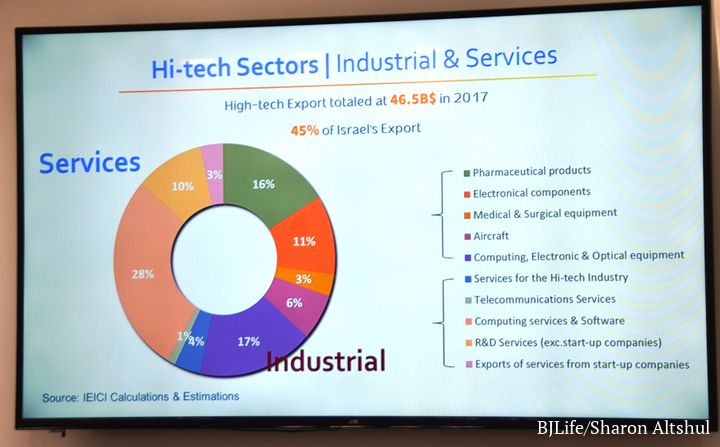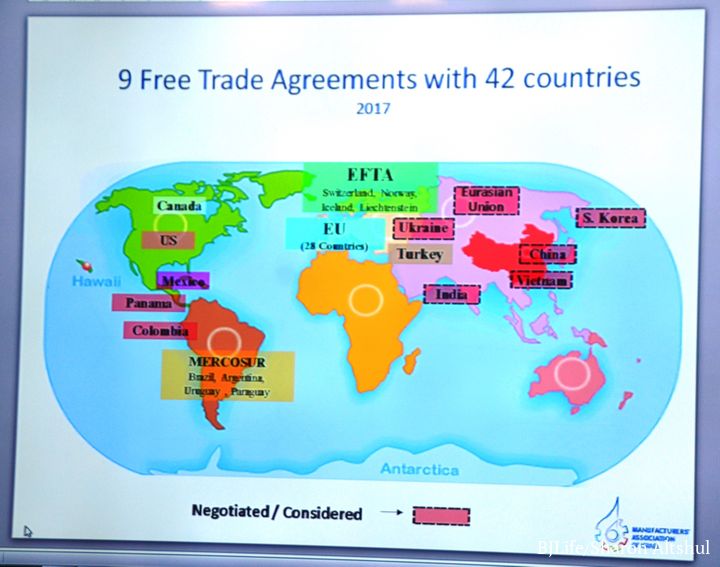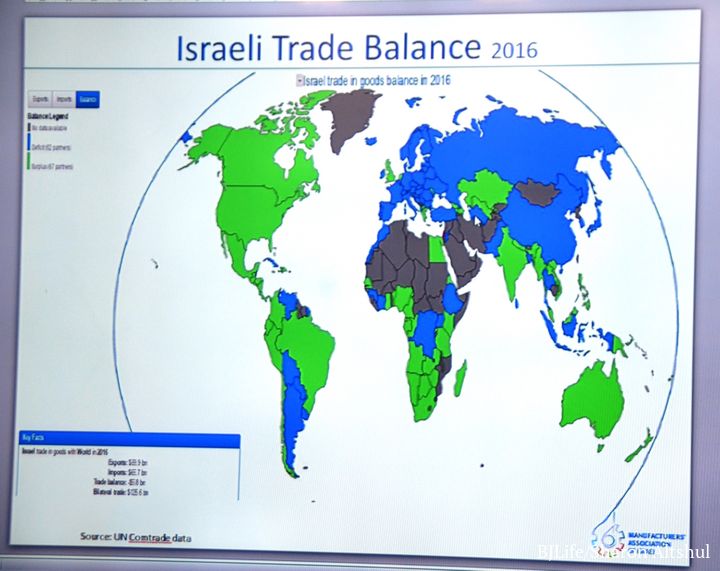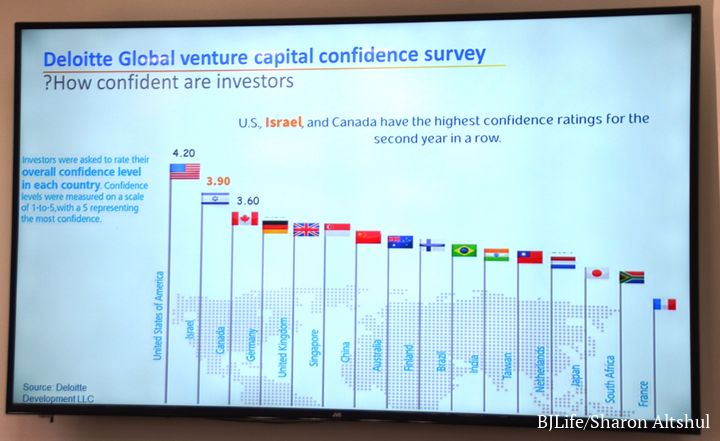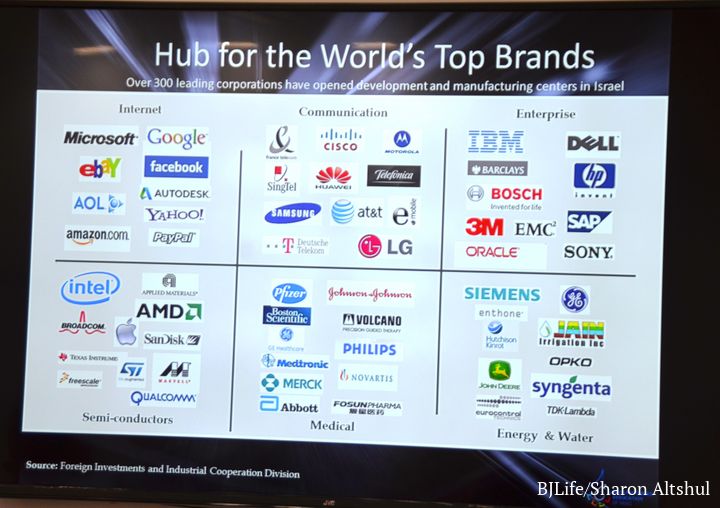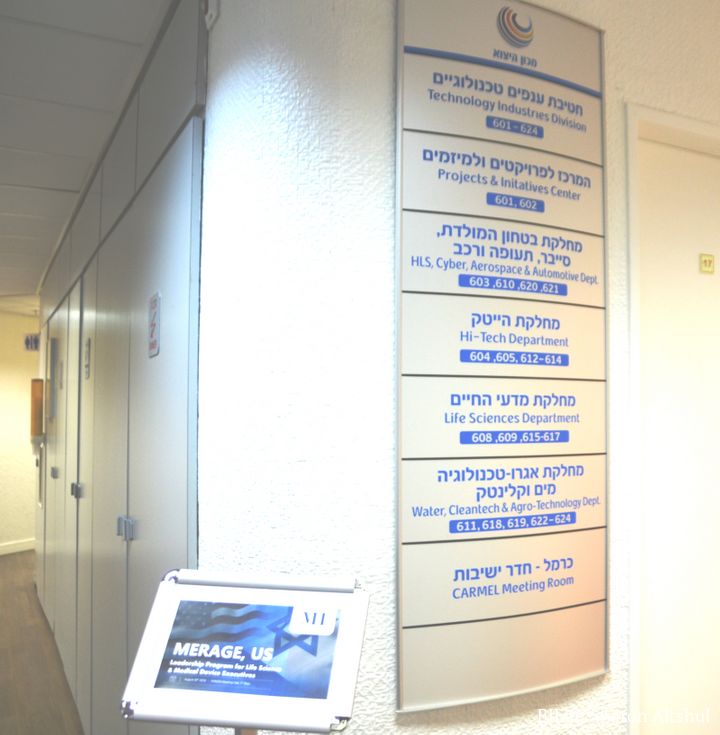Jerusalem, Israel - Aug. 20, 2018 - On the acquisition of Sodastream by US snack and beverage giant PepsiCo for a reported $3.2 billion, Prime Minister Benjamin Netanyahu commented, "The recent major acquisitions of Israeli companies prove not only the technological capabilities that have been developed in Israel but the business capabilities as well. I welcome this huge deal that will enrich the state treasury and also the important decision to keep the company in Israel."
A meeting with Dan Catarivas, Director General, Foreign Trade & International Relations, Manufacturers’ Association of Israel (MAI), and Shauli Katznelson, Deputy Director General for Economics & Professional Services, Israeli Export Institute (IEI), in the Tel Aviv IEI offices for a report on the economy shortly after the SodaStream deal was announced was well-timed.
The MAI was established in 1921, after formation of unions in Eretz Yisrael, to lobby for a better business environment. The non-profit IEI, which was established in 1959 to promote Israeli exports and business cooperation, sponsors exhibitions around the world and hosts international delegations.
Reports on the Israel economy over the last 30 years are positive. Inflation is under control, unemployment rate is down, credit rating is better and exports have increased. Recent rises in export from the hi-tech sector are significant.
Israel has nine free trade agreements, and is working to increase areas of free trade. For a small country like Israel, open trade is important. If the United States limits trade, it could negatively effect the Israeli economy. Also "dumping" or selling for prices lower than raw materials, could hurt the positive economic growth and businesses, for example in plastics, cement and metal production.
Israeli bureaucracy is another problem for business growth, even with a large percentage of money going for research and development. Businesses want and need logical regulations.
Three enemy countries, Syria, Iran and Lebanon, do not have business ties to Israel. While the United States is considered Israel's closest ally, interest in China and India is growing. Non-military trade, the business leaders hope could be a bridge to stabilize the region. Israelis need to learn more about the business culture in the Chinese priority market.
When asked about the significance of Boycott, Divestment and Sanctions (BDS) to the Israeli economy over the past few years, Catarivas said, "The economic effect is negligible, end of day, business is business, and Israel is a source for innovation." Though there is a "lot of noise in some media about BDS... 'silent boycott' those companies which may be intimidated and will avoid doing business is hard to measure."
Especially following the billion dollar purchase prices of recent Israeli acquisitions, the Israeli economic outlook has never been more positive.


